Crackdown on grey car imports hits law-abiding buyers
There is no mass cancellation of car registrations yet, but problems are already emerging
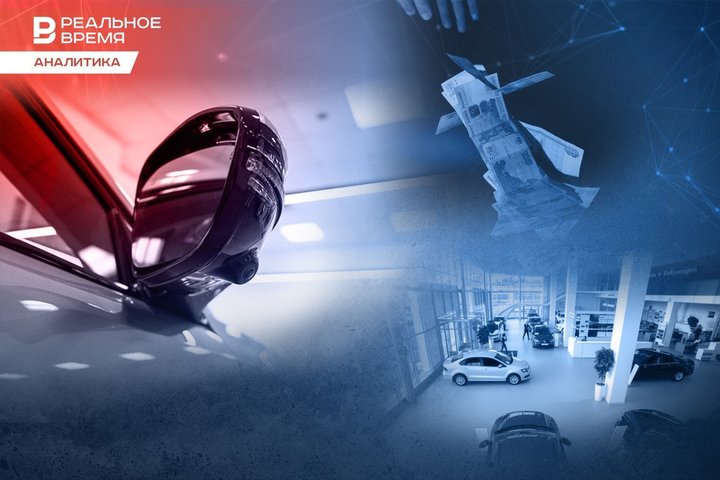
The owners of cars imported into Russia by parallel import suddenly found themselves in debt to the state. It turned out that at the stage of customs clearance, the cost of some cars was underestimated in the documents, and now the customs service has begun to massively check all transactions over the past three years. As a result, owners have to pay hundreds of thousands of rubles extra for purchased cars. Those who refuse to pay have problems registering their cars. As Realnoe Vremya found out, among the victims there are law-abiding buyers who imported cars long before “parallel import” began to flourish in Russia. Now their complaint to the customs is being considered by the General and Transport Prosecutor's Offices.
An unpleasant surprise for car owners
When importing a car to Russia, you need to pay customs duties and VAT, which are calculated from the cost of the car. Some unscrupulous importers, in order to save money, deliberately underestimated the price of cars in the documents. Since last year, customs has started checking all transactions over the past three years and has issued demands to many vehicle owners to pay an additional recycling fee. At the end of January, information appeared in a number of federal media outlets about the mass cancellation of registrations of cars that were imported into the country under the parallel import scheme.
On the same day, the State Traffic Inspectorate of the Ministry of Internal Affairs of Russia denied information about the cancellation of registrations, but noted that problems with the re-registration of cars that have not fully paid the recycling fee may still arise.
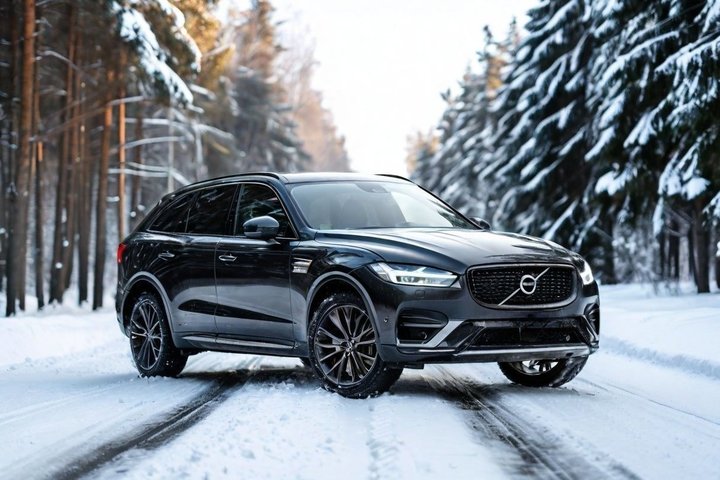
“An exhaustive list of grounds for termination of registration of vehicles is established by legislation in the field of registration, in particular, Federal Law No. 283-FZ dated March 8, 2018 “On State Registration of Vehicles in the Russian Federation and on Amendments to Certain Legislative Acts of the Russian Federation," the traffic police noted.
The change in the status of the electronic passport of the vehicle in connection with its cancellation is not attributed to such grounds, the agency explained. However, this may entail a refusal to carry out any registration actions with the vehicle in the future, which is also explicitly provided for in paragraph 5 of part 3 of Article 18 of the said Federal Law.
Issues related to the recovery of underpayment of recycling fees must be resolved within the framework of customs and civil legislation, including with the help of the Federal Bailiff Service, the traffic police stressed.
Bona fide buyers also suffered
Rustem Galimzyanov, a representative of the Autonomous Non-Governmental Organisation for the development of infrastructure for electric vehicles Restart and organiser of the Electromobility festival, told Realnoe Vremya that the problem with surcharges for recycling fees is really acute. Moreover, the requirement of customs to pay extra for recycling was received not only by those who had underestimated the value of the imported car in the invoice, but also by bona fide buyers. In particular, the speaker himself, who has been operating his electric car since 2020, suffered from this.

Additional charges for the recycling fee have been actively discussed by car owners since the beginning of 2024. According to the source, there are many victims. “We have submitted a complaint to the Russian Prosecutor General's Office, which has forwarded the issue to the Transport Prosecutor's Office. Now the Transport Prosecutor's Office has filed a lawsuit against the Tatarstan customs that the agency is illegally collecting funds," said Rustem Galimzyanov. “This process will be held in an open format on February 14. And it concerns precisely bona fide buyers who did not underestimate the amount of the car in the invoice. So come and support us.”
However, there are those who have really underestimated the amount of car purchases, and accordingly, they have underestimated both the recycling fee and the customs duty.
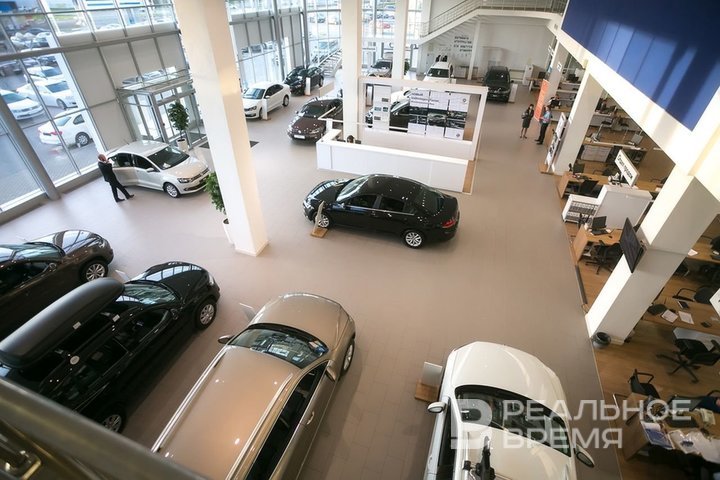
They are asking to pay an additional 300k to 1m rubles to the treasury
Recently, car owners who bought foreign cars using parallel imports have begun to receive massive demands for additional payment of customs duties and recycling fees, Alexander Klimnov, an expert at Autostat Info PLC, also confirmed.
Additional charges were faced by customers who turned to private buyers, whose car sometimes turned out to be noticeably cheaper than that of an official dealer, because they used gaps in legislation and frankly underestimated the nominal value, from which fees for cars imported through the countries of the Customs Union in the period 2023-2024 are considered. Sometimes, customers were simply attracted by an inaccessible or withdrawn brand.

Some owners of foreign cars, realising their mistake and reluctantly, prefer to pay off the state right away, while others go to court and try to prove the seller's guilt, since many of those who bought a car in the salons of gray dealers did not even know about possible fraud, Klimnov said. For example, a seller working on gray imports assured the owner that the car was imported “clean” from customs duties and they were already included in the price. And only later did the owner find out about the additional charges.
A number of such disputes are currently in court. And judging by the determined attitude of the tax authorities and customs authorities, there is still a chance that the owner will be able to collect additional charges from an unscrupulous broker. But there are also reverse situations, when such a lawsuit, on the contrary, led to an increase in the additional amount: in addition to the collection, the treasury had to pay penalties for the entire year 2024. As a result, the buyer of a Chinese crossover forked out almost 1.4 million rubles more.
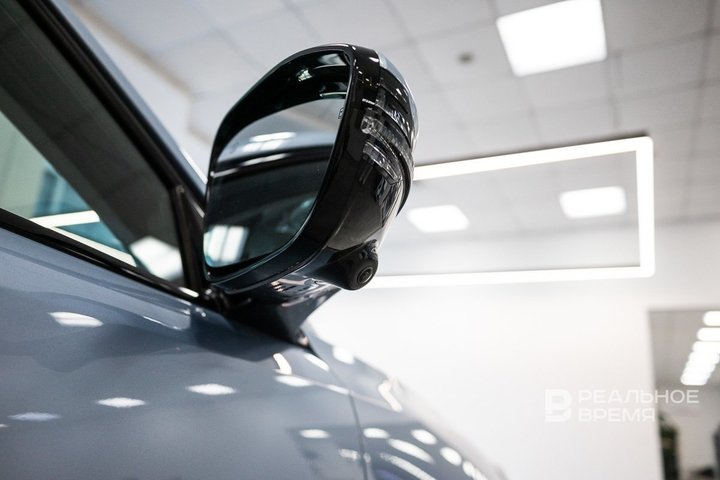
“Many companies that imported these cars, including through Kyrgyzstan, Kazakhstan and Armenia, at preferential tariffs, simply did not warn car buyers about this," Klimnov said. “The amounts of additional charges are completely different and depend on the brand of the car and its cost.”
In addition, even a subsequent new owner, after reselling the car on the secondary market, may receive a “letter of happiness” demanding additional fees. Buyers of such cars are especially unaware of fraud, because they purchase a car at a market price. “Underestimating the recycling fee does not benefit the owners, and the winners are those who organised the supply," says Klimnov. “Customs is now actively using its right to check invoices for imported cars for three years.”
In 2024, the authorities began to compare the cost of cars with the registry of the Ministry of Industry and Trade. In such cases, according to lawyers, there is still a chance to challenge the charge. “Nevertheless, ignorance of the law does not absolve from responsibility, besides, the recycling industry itself has grown. Therefore, additional charges for 2024 may be higher," warns Alexander Klimnov.
Last year, according to Autostat Info PLC, 161,500 cars (passenger cars and LCVs) were registered in Russia, imported into the country through parallel imports, which is by 17.7% more than in 2023, when 137,100 cars were registered.
In terms of the number of registered cars in this category of vehicles, the Chinese brand Li Xiang is leading, whose registrations increased many times in 2024 — from 4,700 to 23,300. The Toyota brand is in second place, with 29,700 cars and hybrids imported using parallel schemes, which is by 7% less than in 2023. Korean Hyundai is in third place with 15,400 cars against 18,700 in 2023 (minus 17%). KIA (13,500 and -26%) and BMW (11,700, +32%) also entered the top 5 brands.
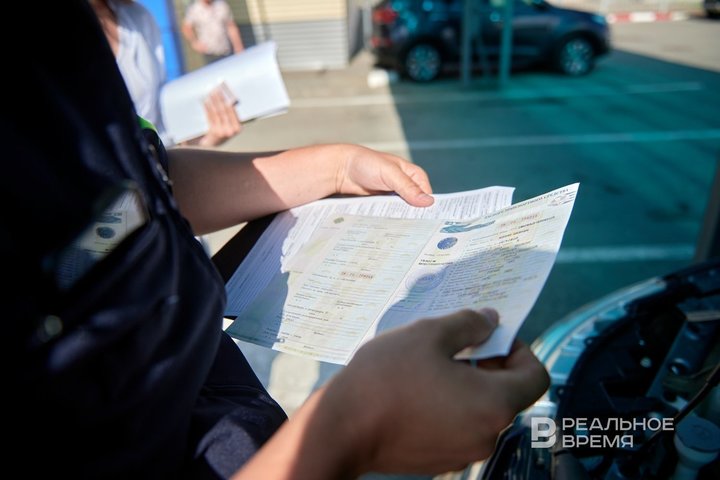
Top 5 brands imported by parallel import
Brand | Number of cars | Dynamics | |
1 | Li Xiang | 23,300 | Almost 5-fold increase |
2 | Toyota | 29,700 | -7% |
3 | Hyundai | 15,400 | -17% |
4 | KIA | 13,500 | -26% |
5 | BMW | 11,700 | +32% |
Data of Autostat Info
The leader among the models imported into the Russian car market by parallel import was Li Xiang L7 with a result of 11,700 (an increase of 7.8 times by 2023). The second place is also taken by Li Xiang — Li Xiang Lil9 model, with an increase of almost 3 times to more than 9,000 cars. The third place belongs to Hyundai Tucson with 6,900 (+2%). Also, the top 5 models include Toyota Camry with 5,800 (-1%) and Kia Sportage with 5,400 cars (-16%).
It should be noted that in October last year, the amount of recycling fee collection increased by an average of 75%, and since January 1, 2025, the base rate has increased from 10% to 20%. However, this affected those who carry cars for resale, although there are inaccuracies in the legislation, Klimnov added. “So the advice for anyone who plans to buy a “parallel” car is to be especially careful and, as the folk proverb says, do not buy for a dime," the expert concluded.